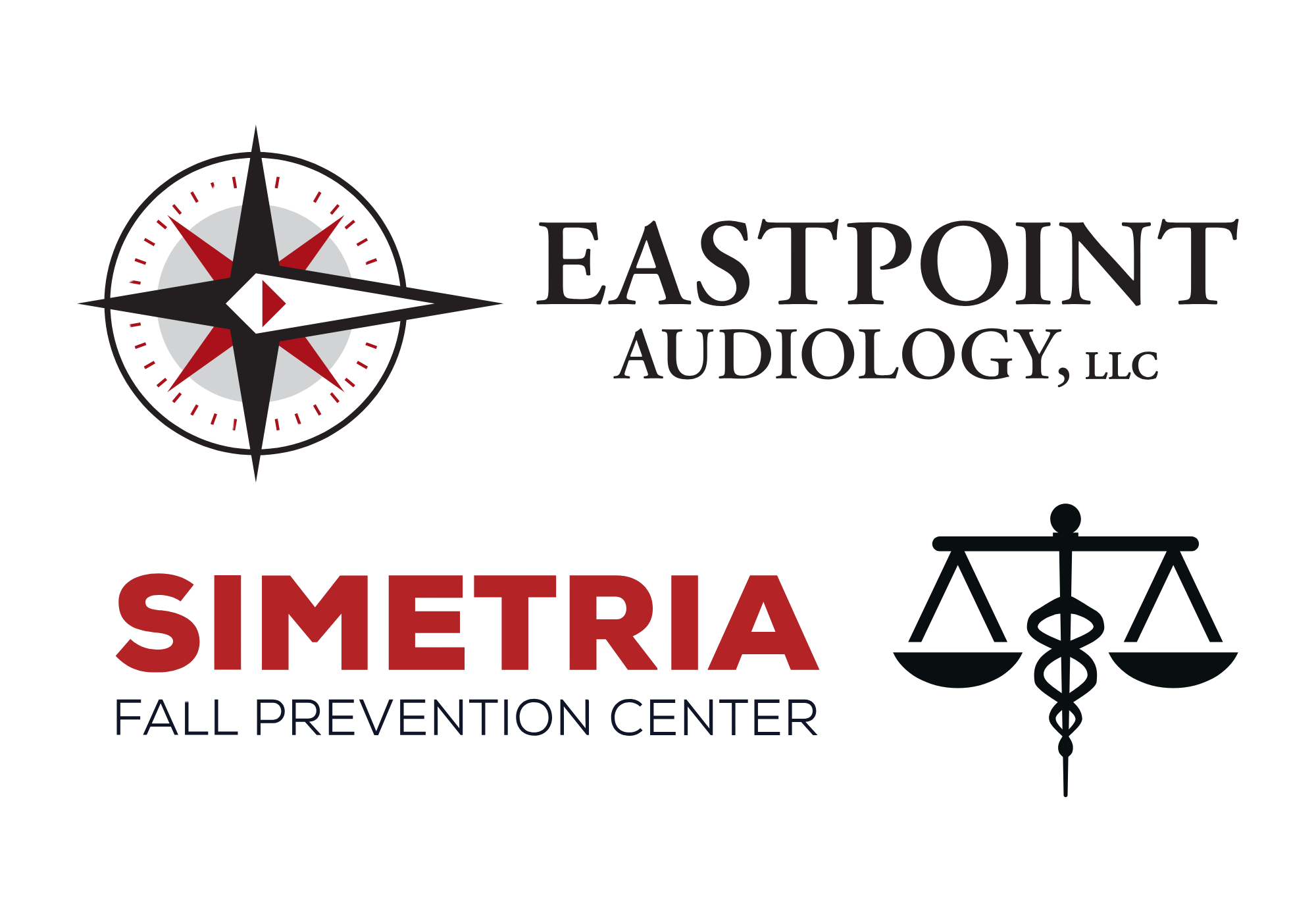Are you finding that you’re consistently having to increase the volume on your television to a higher level than you normally would? Or maybe you’re frequently asking people to repeat themselves. Even though these signs may seem to be minor inconveniences, they could be early indicators of hearing impairment. But here’s something you may not expect– your memory could be taking a hit, too. Failing to recall a person’s name shortly after meeting them, or having difficulty remembering recent chats, may be indicative of a cognitive issue that goes beyond normal age-related decline. Interestingly, these gaps in memory may actually be connected to the sounds and noises you’re exposed to.
New studies indicate that hearing loss and memory decline, frequently considered normal signs of aging, may be more than just coincidental companions – they might be intimately linked. Acknowledging the link between hearing and brain function can enable you to take proactive measures to safeguard your auditory health and mental abilities.
How hearing loss can impact your brain without you recognizing it
Hearing is more than simply detecting sounds– it’s an imperative function that keeps your brain actively involved. As hearing diminishes, the brain might not be as actively engaged, leading to potential impact on memory, concentration, and cognitive abilities.
Effects of hearing loss on brain and memory: 3 examples
- A decrease in hearing stimuli can lead to a lack of exposure to common sounds, including birds singing or people conversing nearby, which may cause decreased brain activity. Over the course of time, specific regions of the brain that handle the perception of sound may weaken or decrease in size as a result of being used less frequently. Extended lack of auditory stimulation can dull mental acuity, resulting in mental fatigue and impaired ability to recover memories.
- Social Isolation and Its Mental Cost. Individuals with hearing impairment typically struggle to keep up with conversations, particularly in noisy settings. Frustration and avoidance of social scenarios may be the outcome of this. But seclusion doesn’t just affect your mood– it can also reduce mental stimulation, reducing opportunities for your brain to form and retain memories. Research has indicated that long-term isolation can quicken the degeneration of mental abilities and raise the likelihood of developing conditions like dementia.
- Mental Strain and Exhaustion from Listening. Even a minor decrease in hearing ability forces the brain to expend more effort in deciphering unclear sounds. This additional effort can draw resources away from other cognitive functions, including storing and recalling memories. Over a period of time, the ongoing pressure can result in tiredness, challenges in concentrating, and a decrease in memory capabilities.
Your brain may be signaling distress through memory lapses
now and then memory lapses are a normal occurrence, and variables such as fatigue, stress, and health problems can contribute to them. But if memory issues become more persistent or interfere with daily life, it might be time to look deeper. Hearing loss often progresses gradually, and memory issues could be one of the earliest clues that your brain is struggling to stay on top of auditory changes.
If you regularly forget recent conversations or lose track of important items, don’t pass it off as “just getting older.” These might be early warning signals that warrant a closer look at your hearing well-being.
Taking steps toward better hearing and sharper memory
The good news? Caring for your hearing can benefit your brain, too. If you think hearing problems may be affecting your memory, a thorough hearing assessment is a sensible place to begin investigating the issue.
When hearing loss is managed– often through hearing aids or other hearing solutions– the brain no longer needs to work overtime to decode sound. This alleviation allows mental functions like memory to work more effectively once more. While improvement may take time, many individuals experience sharper thinking and better memory once their hearing is correctly managed.
Pay attention to the warnings: protect your hearing health and mental well-being
Your memory difficulties may be telling you something important: it’s time to check your hearing. Identifying and addressing hearing loss at an early stage can dramatically improve your quality of life, allowing you to maintain strong social connections, preserve cognitive function, and take charge of your overall well-being.
Don’t wait if you observe symptoms of hearing loss or memory issues. Schedule a consultation with a hearing specialist and take the first step toward clearer hearing and a better memory.

